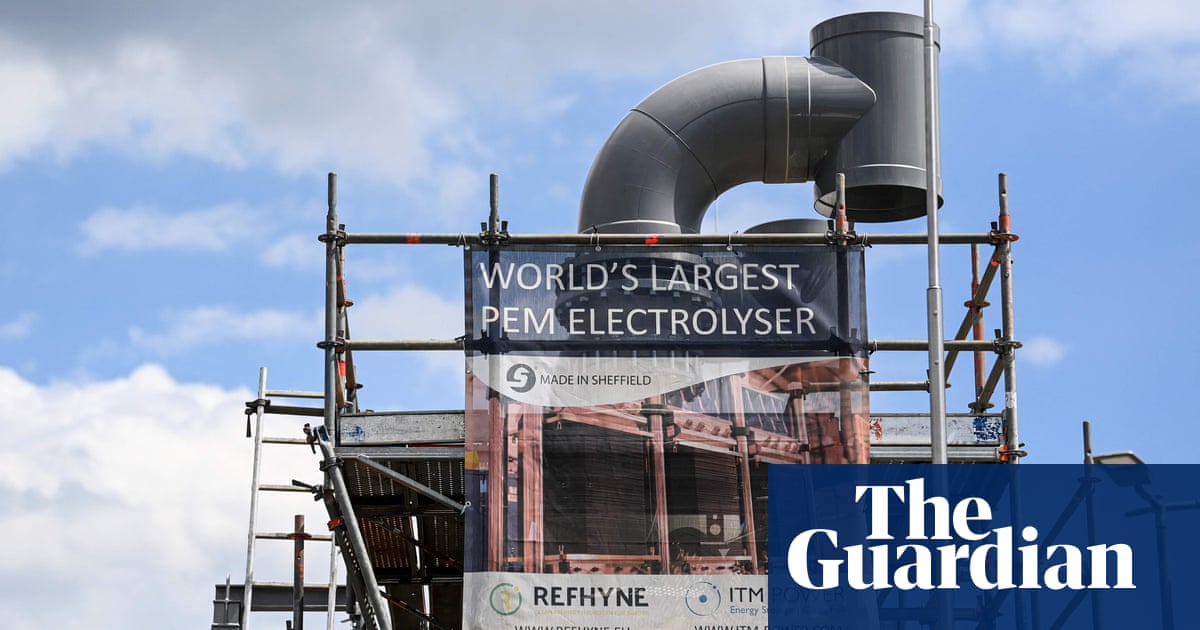
Hydrogen has long been seen as a wonder fuel that does not give off greenhouse gases when used, and which could help replace fossil fuels. But there is at least one major drawback to this idea because the production of hydrogen largely uses fossil fuels and so making clean hydrogen from the process of splitting water needs renewable sources of electricity. Lots of power is required and it is expensive.
Less well known are deposits of natural hydrogen buried underground. Scientists at the University of Lorraine were searching for methane in north-east France, when they unexpectedly discovered a large deposit of natural hydrogen more than 1,000 metres deep underground. This hydrogen is produced by groundwater reacting with iron-rich minerals, splitting the water into hydrogen, possibly renewing itself almost indefinitely.
Natural hydrogen deposits have been found before and there is already a small well in western Mali. Larger deposits are thought to exist elsewhere, such as the US, Australia and some European countries. But the discovery in France could be the largest naturally occurring deposit of the gas ever found, possibly 250m tonnes of hydrogen, enough to meet current global demand for more than two years. The challenge is how to transport that gas to where it is needed.












